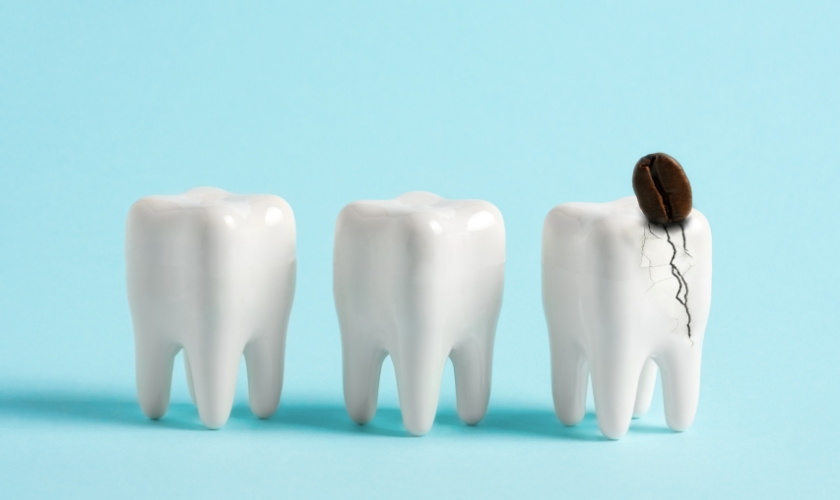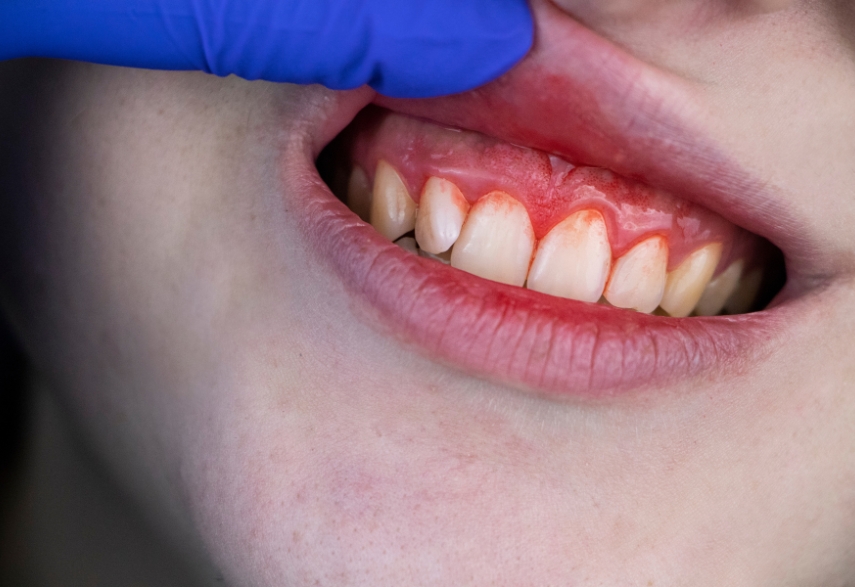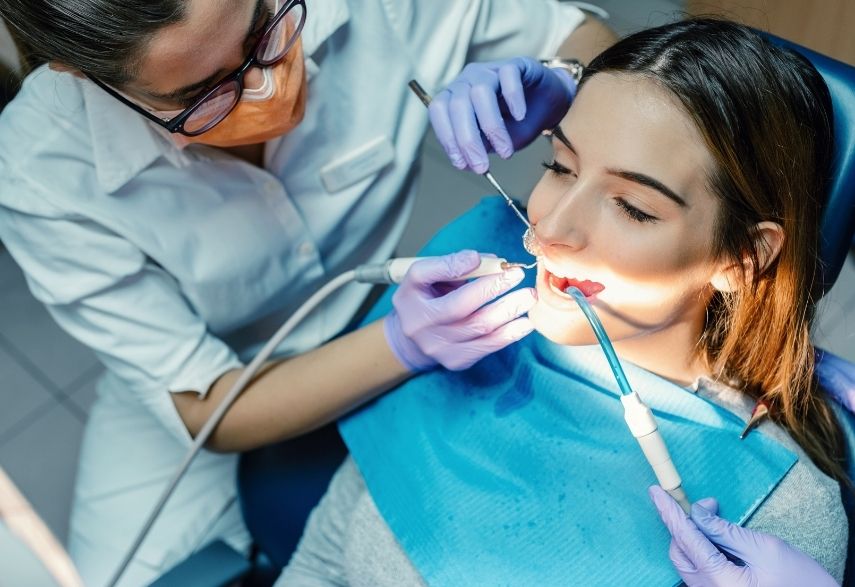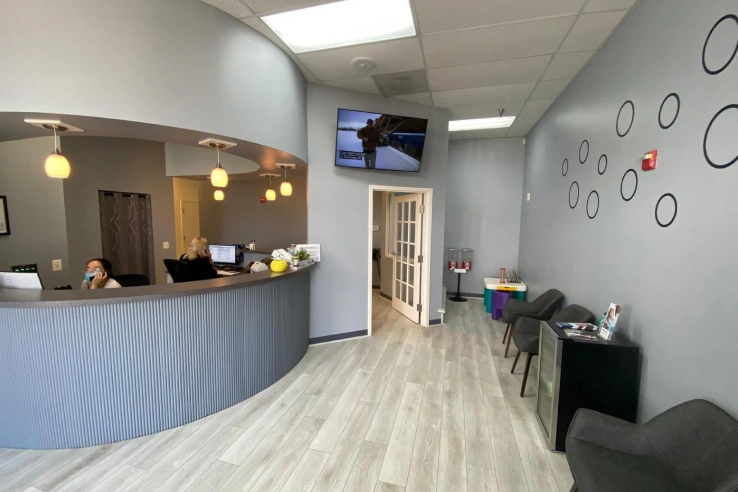We are not a registered Medicare/Medicaid Provider
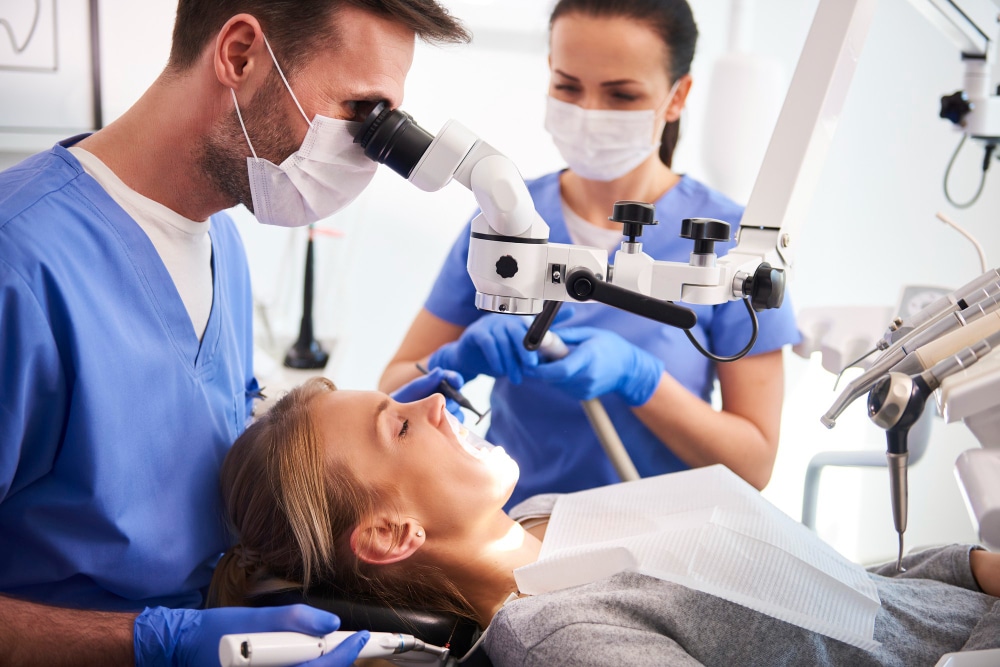
Dental emergencies can strike at the most unexpected and inconvenient times. Whether it’s a sudden toothache, a broken tooth, or a knocked-out tooth, these situations can be painful and incredibly stressful. Knowing where to turn for help can make all the difference in such moments. This is where an emergency dentist comes to the rescue.
What Constitutes a Dental Emergency?
Understanding what constitutes a dental emergency is the first step in recognizing when you need the services of an emergency dentist. Some common situations that warrant immediate attention include:
Severe Toothache: A sudden, intense toothache can indicate an underlying dental problem, such as an abscess or a damaged tooth nerve. The pain can be excruciating, and it may require immediate relief.
Chipped or Broken Tooth: Accidents or injuries can lead to chipped or broken teeth. In some cases, the tooth’s pulp may be exposed, causing extreme pain and increasing the risk of infection.
Knocked-Out Tooth: When a tooth gets knocked out due to trauma, it’s essential to seek dental care as quickly as possible. If handled promptly, the tooth may be salvageable.
Lost Dental Filling or Crown: A lost filling or crown can expose the sensitive inner layers of the tooth, leading to discomfort and potential damage.
Bleeding Gums: Profuse bleeding from the gums, especially after an injury or dental surgery, should be addressed promptly to prevent further complications.
Dental Abscess: An abscess is a painful infection that can form around a tooth’s root or gum tissue. Left untreated, it can lead to severe complications.
The Role of an Emergency Dentist
An dentist specializes in providing immediate care and treatment for dental emergencies. They are equipped to handle many urgent dental issues and are trained to respond swiftly to relieve pain, prevent further damage, and ensure oral health. Here are some of the key roles an emergency dentist plays:
Immediate Pain Relief: Dental emergencies are often accompanied by excruciating pain. A dentist can quickly diagnose the problem and provide pain relief, whether it’s through medication or procedures like root canals.
Assessment and Diagnosis: Emergency dentists have the expertise and tools to diagnose the underlying issue causing the emergency. They will perform a thorough evaluation to determine the best course of action.
Emergency Repairs: In cases of chipped or broken teeth, an dentist can make immediate repairs to restore the tooth’s integrity. This can involve dental bonding, dental crowns, or other restorative procedures.
Tooth Re-implantation: If a tooth has been knocked out, an dentist can sometimes re-implant it successfully, increasing the chances of saving it.
Treatment of Infections: Dental abscesses can be life-threatening if left untreated. Emergency dentist can drain the abscess, prescribe antibiotics, and provide the necessary treatment to address the infection.
Preventing Further Damage: Timely intervention by an dentist can prevent the escalation of dental issues and the need for more extensive and expensive treatments in the future.
Patient Education: Emergency dentist also plays a role in educating patients on caring for their oral health to prevent future emergencies. They can offer guidance on oral hygiene and dental habits to reduce the risk of dental problems.
The Importance of Timely Action
When a dental emergency occurs, time is of the essence. Delaying treatment can exacerbate the issue, increase pain, and even lead to more extensive damage or complications. It’s essential to seek immediate care from an emergency dentist to address the problem effectively and efficiently.
However, in some cases, you may not be able to see an dentist right away. In such situations, there are steps you can take to manage the situation temporarily:
Toothache: Rinse your mouth with warm water, floss to remove any debris causing the pain, and take over-the-counter pain medication if needed.
Chipped or Broken Tooth: Save broken tooth fragments, rinse your mouth with warm water, and apply a cold compress to reduce swelling.
Knocked-Out Tooth: Handle the tooth by the crown (not the root), gently rinse it if dirty, and try to re-implant it in the socket if possible. Store it in a milk container or a special tooth preservation solution if that’s not feasible.
Lost Dental Filling or Crown: Use dental wax or temporary dental cement to cover the exposed area temporarily, and avoid chewing on that side.
Bleeding Gums: Apply gentle pressure with a clean cloth or gauze to the bleeding area. If bleeding persists, seek medical attention.
Remember, these are temporary measures, and you should still seek professional care from an Emergency Dentist in Centreville as soon as possible.
Dental emergencies can be frightening and painful, but knowing that an dentist can provide immediate care can offer peace of mind. These skilled professionals are trained to handle many urgent dental issues, from toothaches to traumatic injuries. When a dental emergency strikes, don’t hesitate to seek help from an emergency dentist to alleviate pain, prevent further damage, and ensure oral health. Timely action can make all the difference in saving your smile.
